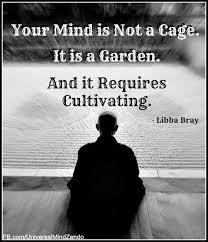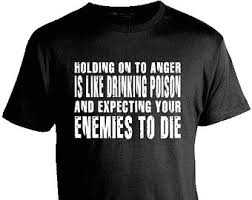Does stress affect your heart
It is often assumed that stress affects the heart and other arteries. Recent studies add further credence to this.
Fortunately there are things you can do to prevent stress from affecting your arteries.
I’ve shared what I do – but I am aware that what works for each of us independently may be different.
Study One – Women who had had a recent heart attack
One recent study looked at women with a recent heart attack (average age 48) and their stress levels, as compared to men in a similar situation.
Women’s stress levels were higher, and those with higher stress levels had worse clinical outcomes in the months that followed.
The stress levels were caused by:
- family conflicts
- illness of a close family member or
- personal injury
For a variety of reasons after post puberty, women have a higher prevalence of stress anxiety and depression than men.
In addition, after menopause (average age is 51 in Australia) the rate of hypertension in women rises.
- women suffer more strokes than men
- overall cardiovascular disease kills many more women than breast cancer does.
Stress when present, particularly in women at risk, needs to be dealt with.
Study two – Men in Australia
The second study is from Australian researchers studying men.
They found that that a spike in anger or anxiety led to a much higher risk of heart attack just after the episode.
By interviewing patients presenting to hospital with a heart attack the researchers determined that a burst of anger gives an 8.5 fold higher risk of a heart attack over the next few hours, whereas intense anxiety was 9.5 fold higher. Note: The anger was intense – body tense, clenching fist or teeth within 2 hours.
Stress can also acutely affect the heart in the uncommon but well described takotsubo cardiomyopathy, a life threatening sudden episode of heart dilatation/ failure, that is typically a result of intense emotional outburst- anger, grief etc.
Study Three – adolescents born in the 1950s
This study followed 230,000 adolescents born in the 1950s and found that over-stressed and anxious teens had a higher rate of coronary disease over their lifespan.
Whilst exercise is generally protective for coronary artery disease, in this study, no matter how much exercise the teens did, the protective benefits were not present. Presumably the protective benefits of exercise where overwhelmed by the negative effects of stress and anxiety.
What can you do about this?
Fortunately there are things you can do to prevent stress from affecting your arteries.
Please understand that “stress” as a physical entity doesn’t exist. Everything in life that comes at us is “filtered/processed /interpreted” in the mind.
How you view an event determines whether you feel threatened by an event and with the right training, you can alter your view and become more resilient.
Training your mind and managing your stress can be with a professional or through a personal journey.
What do I do?
10 years ago I decided to pursue mind training. I started on a path of meditation and learning how my mind (by which I mean my thoughts) works – and how it is actually not “me”.
Every Monday night I go to meditation – what I call my “Mind Ninja training”. I practice this almost daily and it has given me fantastic tools for living.
Mind training is key to good health
I have always said that fantastic health is nutrition, movement /exercise and training the mind (stress management).
I think mind training may be most important because everything stems from how you view a situation and the choices you make – including what you eat and how much you move.
Everyone needs to find their own path
If you are looking for some “mind training”, meditation is one option.
Other options include seeing a psychologist or therapist to improve your resilience – not necessarily because there is a problem now.
What works for me may not work for you.
I try to avoid getting angry
As a wise person once said …
“Anger is like swallowing a poison yourself, in the blind hope that it will harm your enemy”.
Generally you are the one that suffers most.
But I also acknowledge that as individuals we need to work out what works for us individually – it’s a journey.
To learn more ….






Comments are closed.